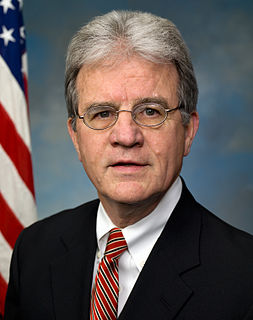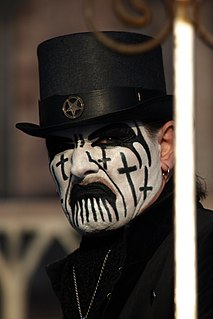A Quote by George H. Smith
A willingness to engage in the give and take of argument displays a commitment to cognitive egalitarianism - the proposition that all people should be treated as intellectual equals, and that no individual can legitimately claim a privileged immunity from the burden of proof.
Related Quotes
The Christian claim is: Nothing explains the facts better than an all-powerful, all-knowing, omnipresent god creating the universe and sending Jesus to spread his message. This is about as remarkable a claim as could be stated, and yet it is tossed out lightly. Christians seem to imagine that "God did it" is as plausible as the natural explanation that stories grow with the retelling. The Christian has the burden of proof, and it's an enormous burden given this enormous claim.
Given our abundance, the burden of proof should always be on keeping, not giving. Why would you not give? We err by beginning with the assumption that we should keep or spend the money God entrusts to us. Giving should be the default choice. Unless there is a compelling reason to spend it or keep it, we should give it.
Anarchism, in my view, is an expression of the idea that the burden of proof is always on those who argue that authority and domination are necessary. They have to demonstrate, with powerful argument, that that conclusion is correct. If they cannot, then the institutions they defend should be considered illegitimate. How one should react to illegitimate authority depends on circumstances and conditions: there are no formulas.
It should be apparent that the belief in objectivity in journalism, as in other professions, is not just a claim about what kind of knowledge is reliable. It is also a moral philosophy, a declaration of what kind of thinking one should engage in, in making moral decisions. It is, moreover, a political commitment, for it provides a guide to what groups one should acknowledge as relevant audiences for judging one's own thoughts and acts.
Through my studies, I became increasingly disillusioned with the international aid system. I think we systematically deny poor people the chance to engage as equals in the global economic order. At best, we give them handouts or tiny loans and hope they will suffer a bit less from extreme poverty. We don't view them as equals.
It is sometimes asserted that a surgical operation is or should be a work of art ... fit to rank with those of the painter or sculptor. ... That proposition does not admit of discussion. It is a product of the intellectual innocence which I think we surgeons may fairly claim to possess, and which is happily not inconsistent with a quite adequate worldly wisdom.

































